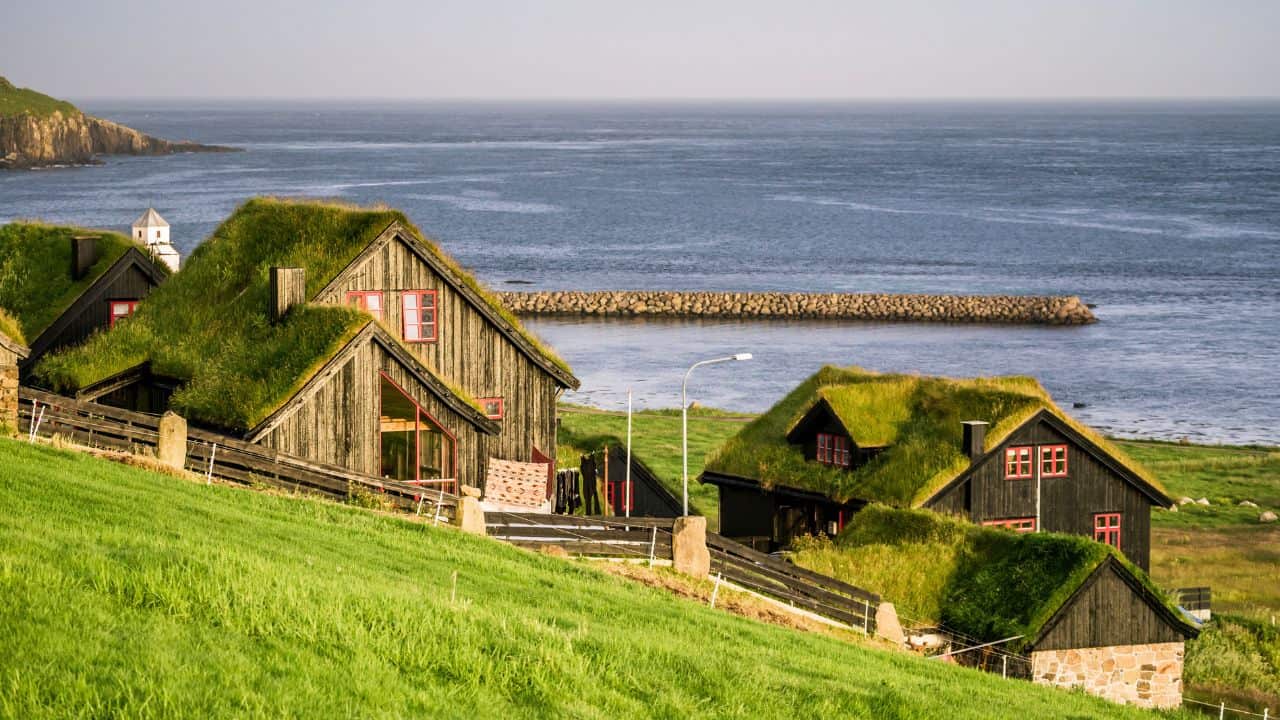A new report written by Environmental Scientist Duncan Williamson has found that the UK needs to take drastic action to reduce carbon emissions by 2050.
And one of the biggest climate culprits is food.
In order to make it to Net Zero by 2050, we need to change our food systems from farm to fork, and look at the most sustainable foods we can eat here in the UK and the global north.
One answer could be adopting a more sustainable diet with plant based whole foods with the likes of the humble lentil leading the way.

What’s the problem with our food system?
Although there are plans to tackle the climate crisis with food systems being addressed according to COP26, Williamson’s report found them to be wholly inadequate if we are to hit the 1.5 degrees target.
The key issue? Our reliance on dairy and livestock.
This is because:
- 45% of emissions are attributed to livestock productions that come from animal feed.
- World meat consumption is expected to double by 2050, while the population is expected to hit 9.7 billion.
- Eating poultry, pork and dairy regularly can have a serious impact on the environment – not just red meat.
Williamson says it’s hard to measure the carbon footprint of a food product.
This is due to the footprint varies “depending on the production systems, location, weather, species and whether the food is endemic.”
An example of this is beef. Measuring the total impact of cows only gives us a partial picture due to the differences in rearing.
A cow reared on natural grassland has a lower carbon footprint than a cow reared on cleared grassland.
This changes again when you compare them to cows reared on grain.
Location has to be taken into account too.
Brazil, one of the largest exporters of beef in the world has cleared huge areas of land including rainforest and savannas to make room for growing cattle feed and rearing cows.
Closer to home, the UK has some of the lowest tree cover in the world compared to how it was 1,000 years ago. Deforestation is one of the biggest drivers of climate change.

Is a sustainable diet the answer?
Williamson’s report argues that the answer is relatively simple. We need to switch to a more sustainable diet.
This is more effective than thinking about food miles or opting for organic and grass-fed meat and dairy over non-organic grain-fed.
This means a whole food, plant-based diet.
His findings suggest that if everyone shifted away from meat and dairy, we would reduce global land use by 75%.
This would then benefit biodiversity, reduce deforestation and mitigate climate change.
It would also free up crops currently feeding livestock to be used for human consumption instead.
To put that into perspective, if people in the UK swapped out one red-meat based meal and replaced it with a plant-based meal a week in 2022, the country’s GHGS would be cut by 50 million tonnes, based on the calculations by Poore and Nemecek.
That’s the equivalent of taking 16 million cars off the road.
The UK’s water use would also be reduced by 2% and land use by 23% which saves 8 million hectares.
Duncan Williamson comments: “There is so much advice from the media to influencers on the best ways you can reduce your impact on the environment.
“Everything from eating a plant-based diet, to ensuring you are buying local produce in your supermarket.
“However, from the conclusions in this new report, the first important step to reducing your carbon footprint is considering the ingredients you are selecting and where they are from.”
- Read about the Incredible Women Who Produce Our Food

Are lentils sustainable?
A sustainable diet is essentially a whole food, plant based diet. This means eating vegan food as close to its natural form as possible as it has the smallest amount of carbon emissions to get to your plate.
Often synonymous with a climatarian diet, a sustainable diet involves eating more pulses, lentils, beans and vegetables and significantly reducing the regular consumption of meat and dairy.
What’s more, whole foods like lentils are much better for the planet and your health than ultra-processed plant-based meat alternatives.
In fact, lentils have more benefits than just a low carbon footprint.
Williamson’s report highlights that lentils, one of the world’s first crops improve the physical property of soils through a process called nitrogen fixation.
This helps give subsequent crops a higher yield and may even help the soil become a better carbon sink.
Lentils are great for your health too as they have high amounts of carbohydrates and fibre. They have the highest amount of protein of any beans.
Williamson adds: “Foods such as lentils and pulses have been around for centuries and are key ingredients that can help reduce carbon emissions. This is the time and opportunity to start giving them a bigger role in our diet.”
The report was commissioned by Merchant Gourmet. You can read the full list of findings on its website.
Read more. Do more…
Love growing? Don’t miss some of pebble’s other inspiring content:










